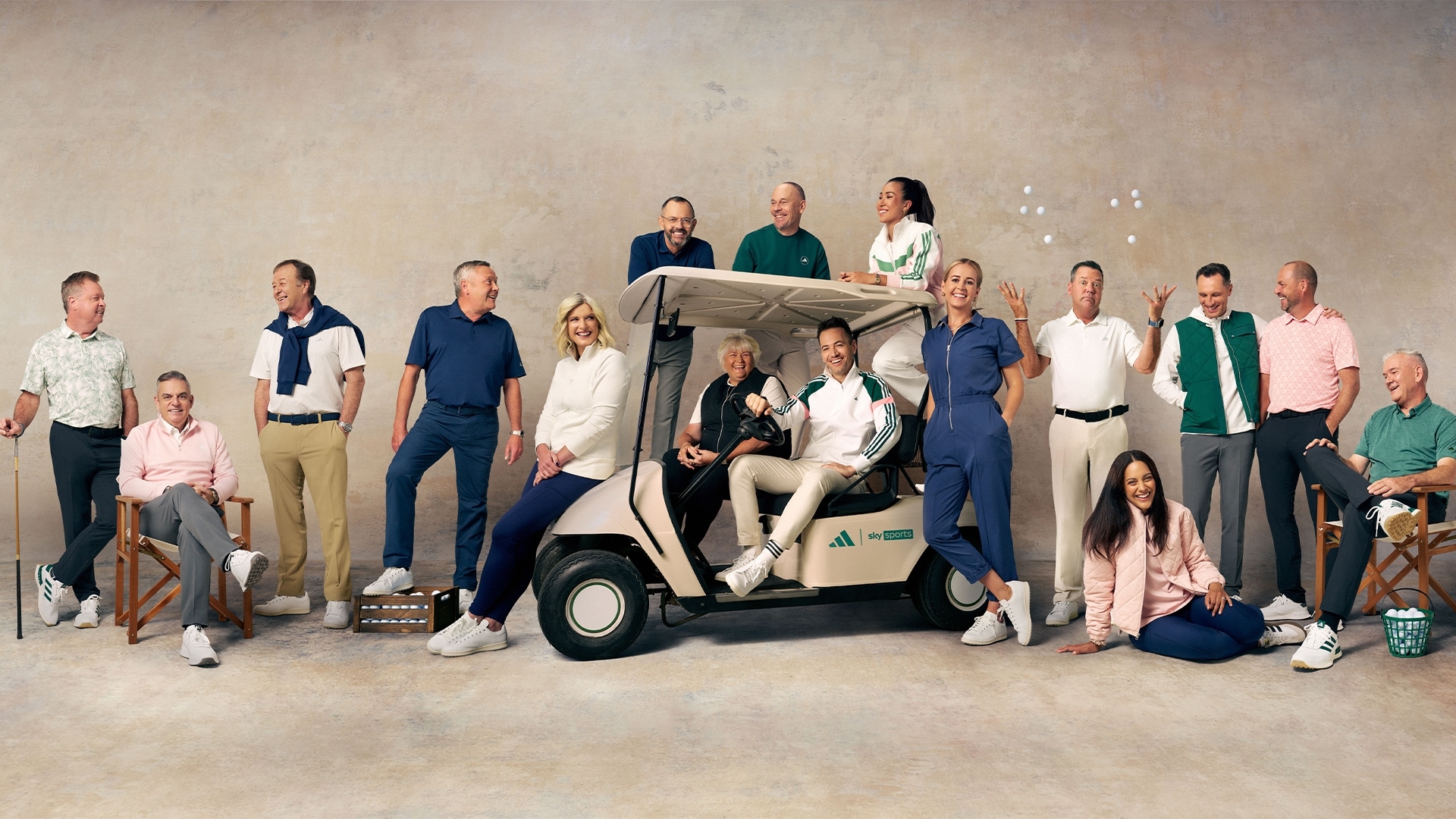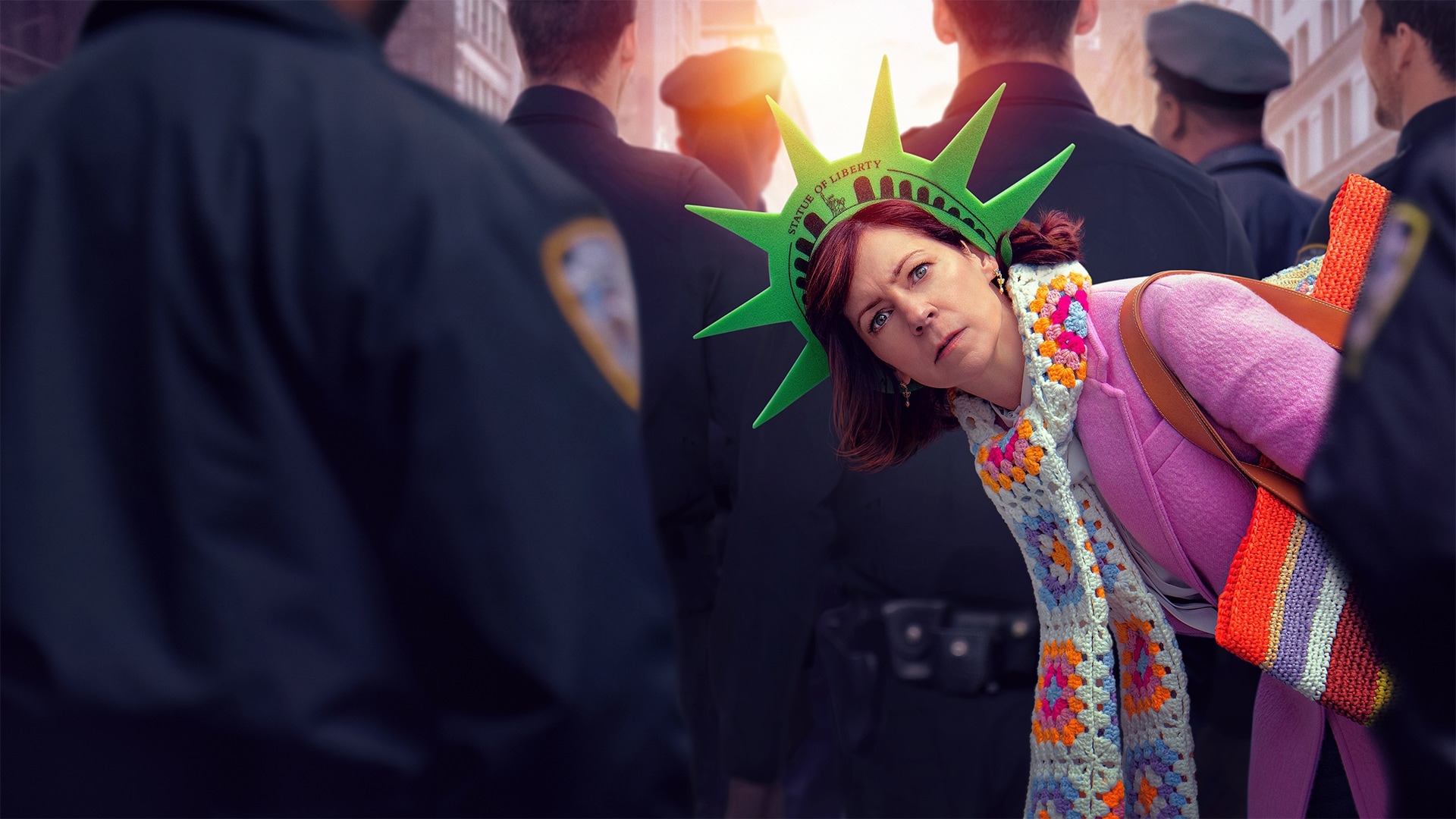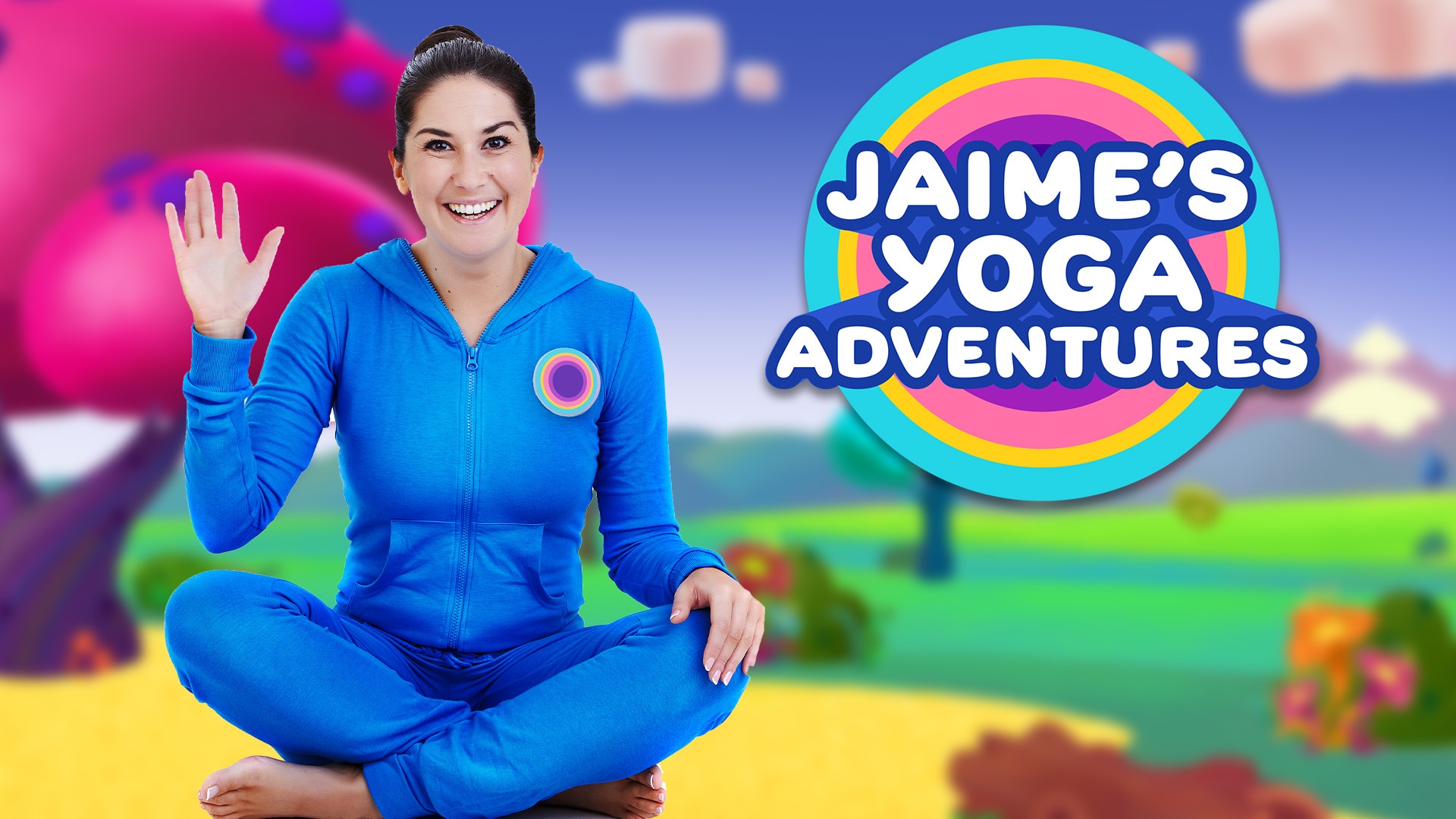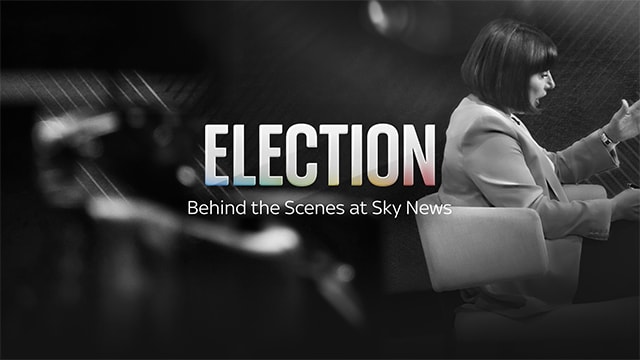Blog: Philip Edgar-Jones on why we are making Sky Arts free for everyone
Blog: Philip Edgar-Jones on why we are making Sky Arts free for everyone
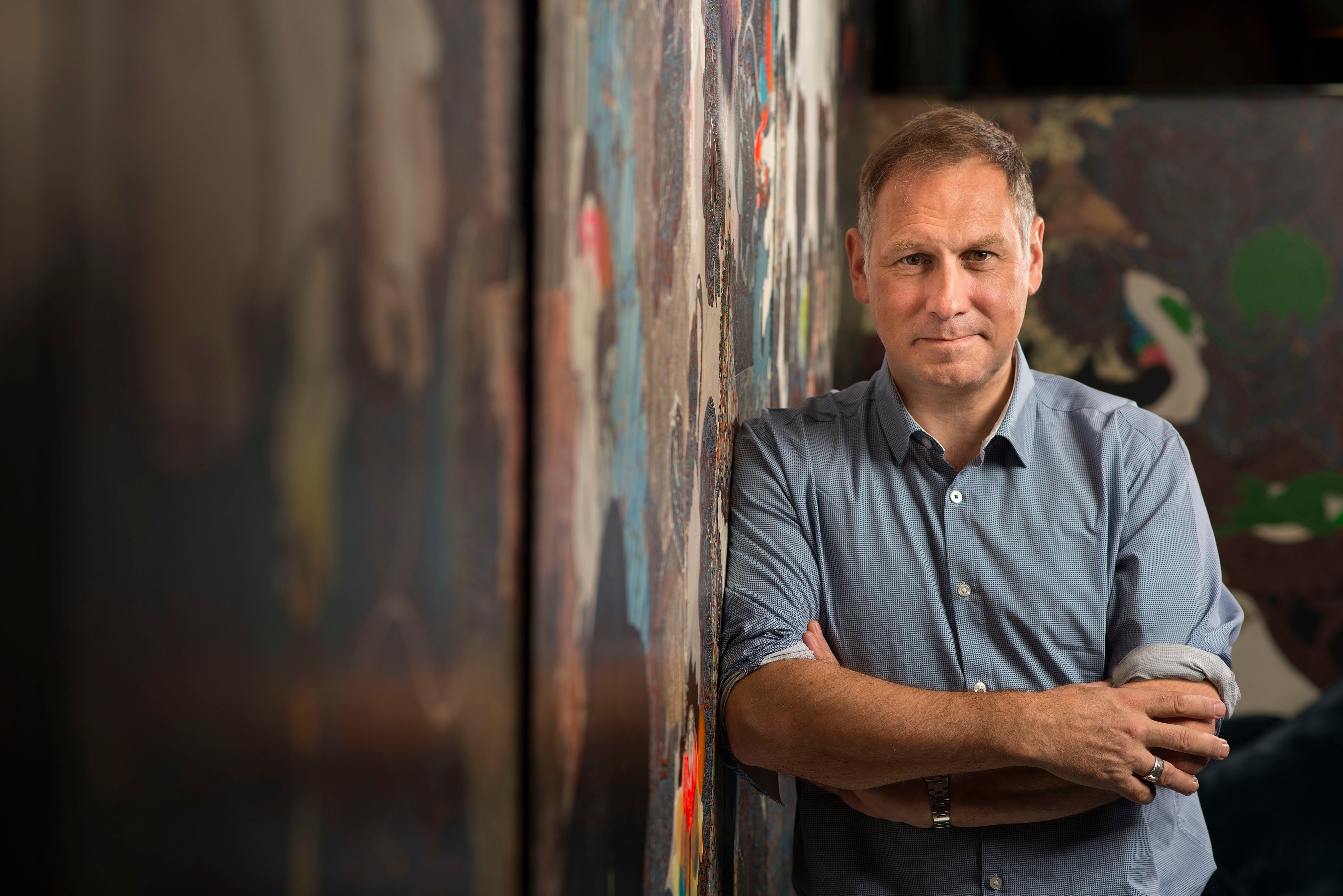
First published in the Evening Standard.
As an arts broadcaster, I have spent my working life in and around some of the UK's most interesting and unusual cultural events. In charge of Big Brother many years back I tried to persuade art galleries that what we were making was, in fact, ground-breaking performance art and no-one had quite twigged; I even pitched an installation piece made up of a thousand TV sets playing self-made audition videos on an endless loop.
The idea was universally rejected, and fair enough. Big Brother wasn’t good for every sensitive soul and I’m not really an artist after all – but my attitude at the time was “what the hell – why not”? And it’s this spirit that we try to bring to Sky Arts; a channel that’s loved almost as much as Big Brother was hated. We believe that everyone should have access to the arts and that the more people you encourage to participate, the better the world becomes. That’s why this September, we are making Sky Arts free for everyone to watch, becoming the only space on terrestrial TV dedicated solely to arts and culture.
Director of Sky Arts
Isolated in our homes we have reached out for culture to bring us together – whether binge watching The Tiger King, joining in with the brilliant Grayson’s Arts Club on C4, or painting along with thousands of others to our own Portrait Artist of the Week on Facebook Live. From the wonderful range of programming on the BBC’s Culture in Quarantine to the National Theatre’s giveaway of their great ‘NT Live’ content, the last few months have proved just how much the arts really matter to everyone when times are tough.
And this is not just because the arts are good for our health and mental wellbeing or because they help create a kinder, more empathetic, diverse and thoughtful society; not just because our creative industries contribute nearly £112bn to the economy – more than the automotive, aerospace, and life-sciences combined. And, most importantly, it is not just because they are a “nice to have” for a privileged few. Without small music venues you don’t get The Beatles, without theatre nurturing new writers your don’t get great ground-breaking TV drama; without panto many theatres across the UK go under; and without a nightclub scene you don’t get the DJs that light up festival stages in front of thousands.
As a TV channel, we can’t fix the situation for culture. But we can be part of their story of recovery. The shows we’ve announced today – from a nationwide search for new public art landmarks to broadcasts of ENO’s drive-in return to live performance, and from Danny Dyer on Harold Pinter to a new work from Theatre Royal Stratford East exploring the stories of key workers during the pandemic – put artists and creatives centre-stage on a channel that everyone can watch. But we must also use this opportunity to ask artists and institutions across the UK to tell us what else we can do to help.
Freeview reaches 18 million living rooms. How can TV be your canvas in unprecedented times? What can we create together to keep you connected to an audience that can’t reach you in person? How can we ensure that the next generation of creators – be they dancers, singers, painters, designers, or poets – can continue to be inspired by what you do?
The crisis for culture is anything but over. But I hope that we can build on and amplify the brilliant work that leaders in the arts are doing to keep the country’s greatest cultural assets alive. A massive stack of televisions full of Big Brother hopefuls might not help, but if we can help keep the nation dancing, singing, painting and making – we’ll have made a start.

